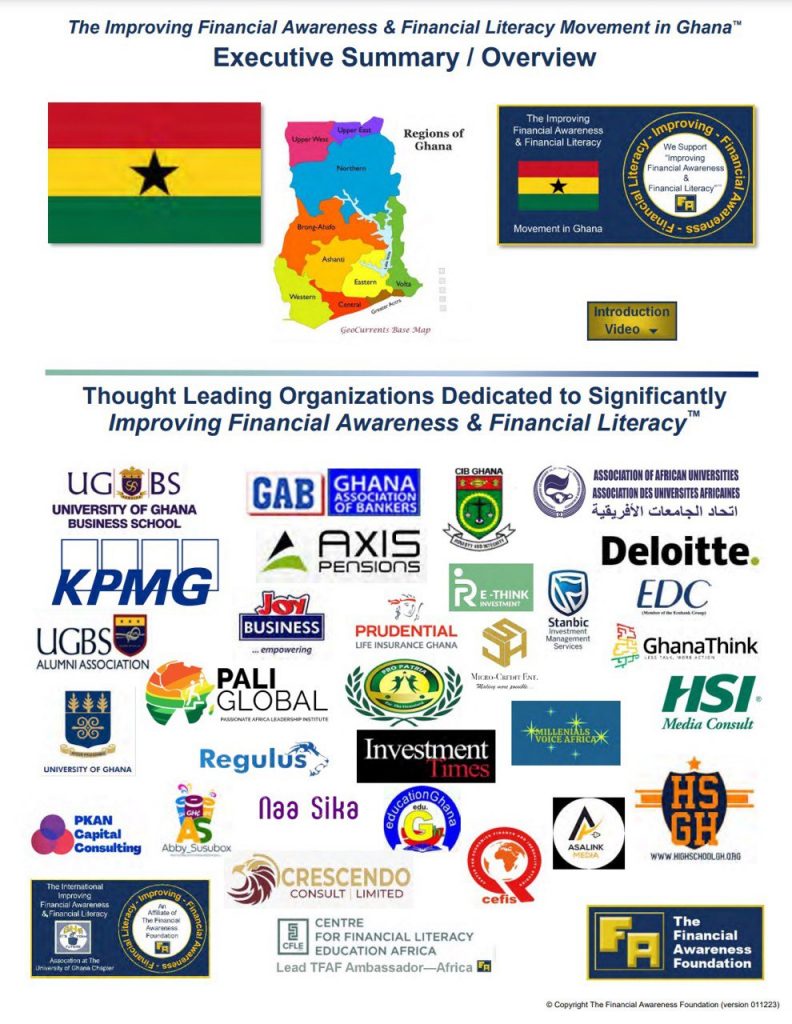Financial Planning is Not Only for Those with Lots of Money

Planning how to handle money is not only for those who have lots of money. In fact, the less money you have, the more important it is to plan. You want to get the most from the money that you have.
The best way to plan is to set goals;
- To know clearly what you want
- To know the difference between what you need and what you want
- To know the things you care most about
- To know what you want out of life, what you want to achieve and what will make you happy today and in the future.
In setting goals, consider the different “time periods” the short-term (what you hope to achieve over the next year), the medium-term (1–3 years), the long-term (3–5 years), and the more distant future (5 years and beyond).
Short-term goals can be very helpful as they serve as stepping stones to achieving your medium-term goals. Then, use medium-term goals as stepping stones to long-term goals, and so on.
Doing this gives you some “check points” to see how you are doing over time and think about whether your goals have changed and if you want to change direction.
Join The Improving Financial Awareness and Financial Literacy Movement in Ghana

Finding Balance between Your Short-term and Long-term Goals
As important as it is to keep an eye on the future and your longer terms goals, you want to be happy today too. That is understandable, and should be part of your planning. Finding a balance between today and the future is important. Develop a plan that helps you live as happy a life as you can today, next month, and into the future.
People Are Different, Their Goals Are Different
Different people will have different goals. What one person wants out of life can be very different from what another person wants. Individuals face life and
its financial challenges from a wide array of starting points and with different views.
Some people have access to a great deal, including opportunities for education, training, working, and acquiring income. Others have access to very little and face different challenges and opportunities. Different cultures also have different attitudes to money and material things.
No matter what the differences, however, everyone will face decisions related to their money. To guide these decisions, we need goals. What are yours? Knowing your goals is a key first step in starting to take control of your money. What’s really important to you? Financial goals are targets usually driven by specific financial needs. Set financial goals.
Some Money Saving Steps
- Set a savings goal. Ask yourself: How much money will I need? How soon? Be realistic.
- Decide how much you will save from your pay. Put aside money to save first, then spend what’s left.
- Track where you spend your money. Learn more about where your money
is going. This will help you find ways to cut your spending if you need to, since you will probably be surprised where some of it is going. - Build a budget and try to stick to it.
- Reward yourself when you reach a goal. Give yourself something to look
forward to if you do what you set out to do.
Peter Kwadwo Asare Nyarko is a Financial Literacy Advocate and Educator, Certified Personal Finance and Business Coach, Public Speaker and Author.





